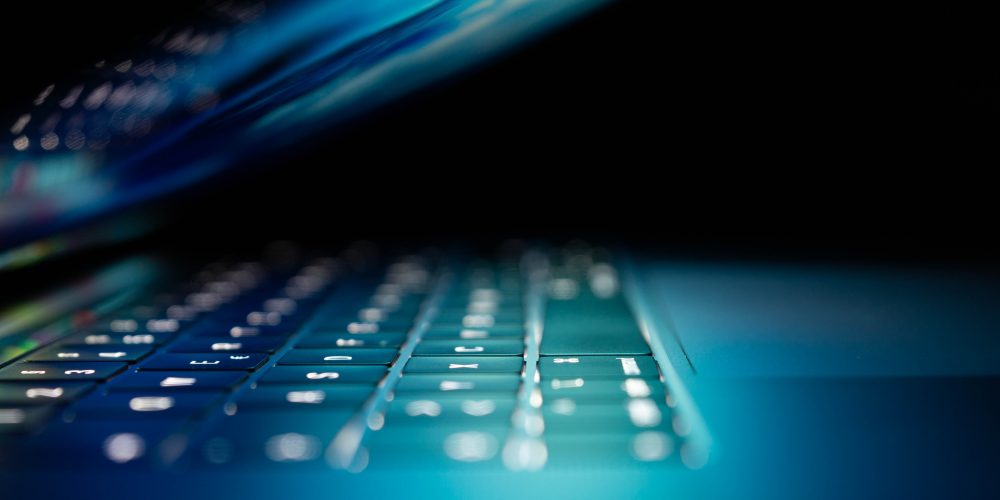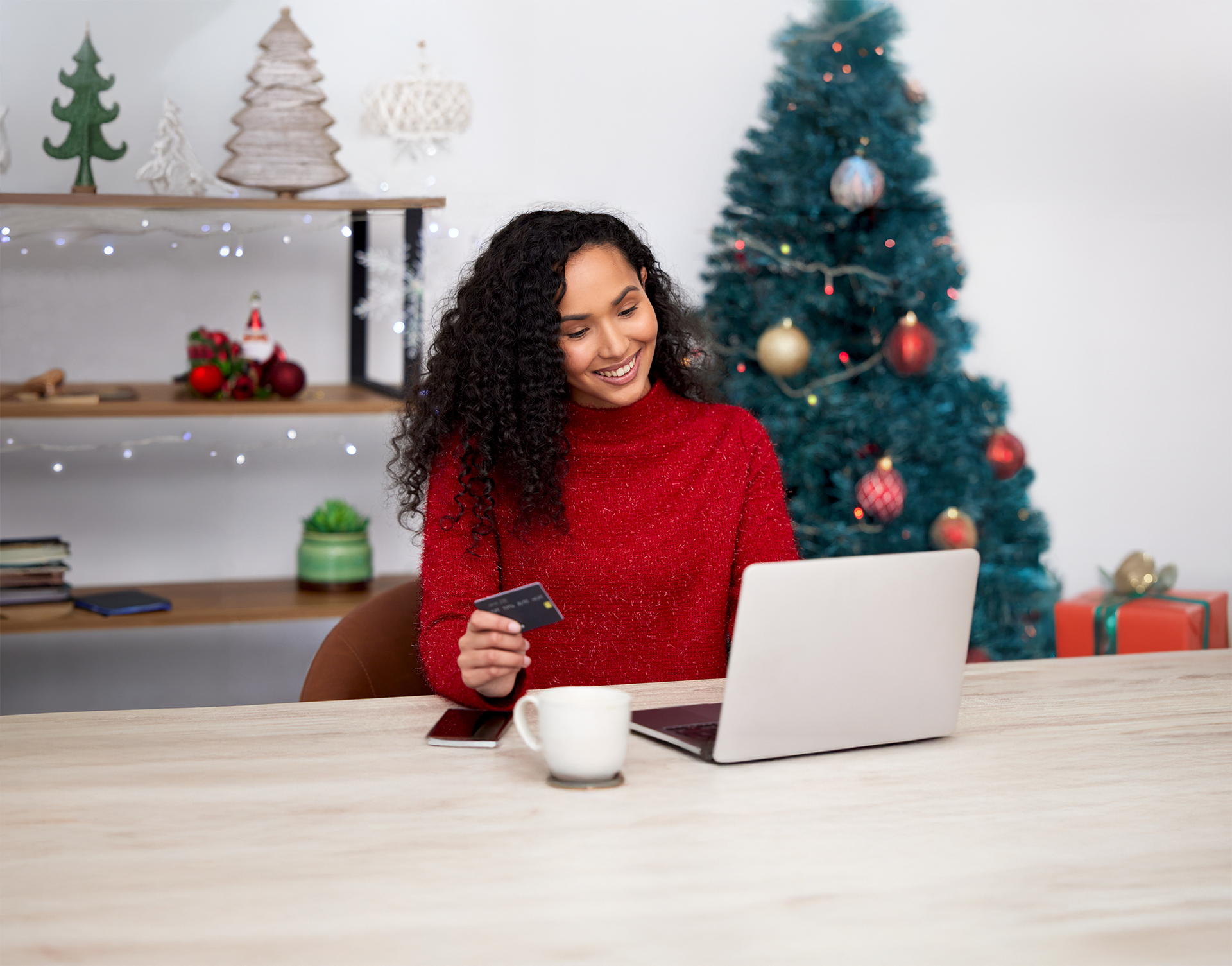Given how fast things are changing every day, we all want – and need – to know the latest available information and alerts on COVID-19 (Coronavirus). Unfortunately, it’s just as necessary to be on the alert for those who would take advantage of this threat, especially now that so many people are working from their homes.
As has been noted in a number of publications (including this timely article from Modern Healthcare concerning cyberattacks on patients and hospitals alike), cybercriminals are using communications similar to those from the World Health Organization (WHO) and the Centers For Disease Control (CDC). You must be particularly aware of bogus CDC maps claiming to show the spread of the disease and others to spread malware and phishing attacks. This takes on added meaning when both business networks and personal devices are targets. More than ever, it’s critical that you confirm email information before clicking on links if the sender is unfamiliar to you, and use extra caution about visiting any website you don’t typically view.
Caleb Barlow, CEO and president of cybersecurity consulting firm CynergisTek, offers a simple rule of thumb to help thwart those would-be attackers: “Make sure that you’re following what would be your process if it were not COVID-19.” For additional recommendations, the Department of Homeland Security’s Cybersecurity and Infrastructure Security Agency (CISA) offers guidelines to further protect your home and business computers or other devices against cyberattacks.
Another unintended consequence of our social distancing is that increasing numbers of employees will more frequently use their personal devices in conjunction with those at work. Employers need to have policies in place to ensure that they can safely interface with company platforms. Effective password protection and other security measures like antivirus software for these devices are vital.
While we’re on the subject of passwords, nobody likes to continually change them, but it’s especially necessary now because they’re the most commonly exploited link in the security chain. Reset passwords with reasonable frequency and adopt more complex number/letter/symbol configurations for greater security. Additionally, the multi-factor identification settings on most major network and email products are easy to use and provide an extra layer of protection.
At First Internet Bank, keeping your account and personal information safe and secure is our top priority every day. We use only the most current, top-rated network technology – like firewalls, encryption and secure sessions – to ensure that all of your online transactions and personal information is protected. Our systems are designed to guard against potential malicious activity and provide consistent, uninterrupted service to our customers. Oh, and one other thing…please remember: we will never ask for sensitive information such as Social Security number, account number, PIN, Online Banking Username or password in an email. If you see something that looks suspicious to you, please contact a Relationship Banker at firstib.com or by calling 1-888-873-3424.
The biggest problem with cybersecurity? The “bad guys” never stop looking for new and better ways to attack their prey. It’s not easy – especially when so many unusual things are going on – to be alert to the potential threats. Once more: remember to check any new attachment or link carefully, and if you have any doubt, don’t open it. It’s hard enough to isolate yourself to reduce the threat of illness from the Coronavirus…take care not to open your computer to the threat of infection, too!





